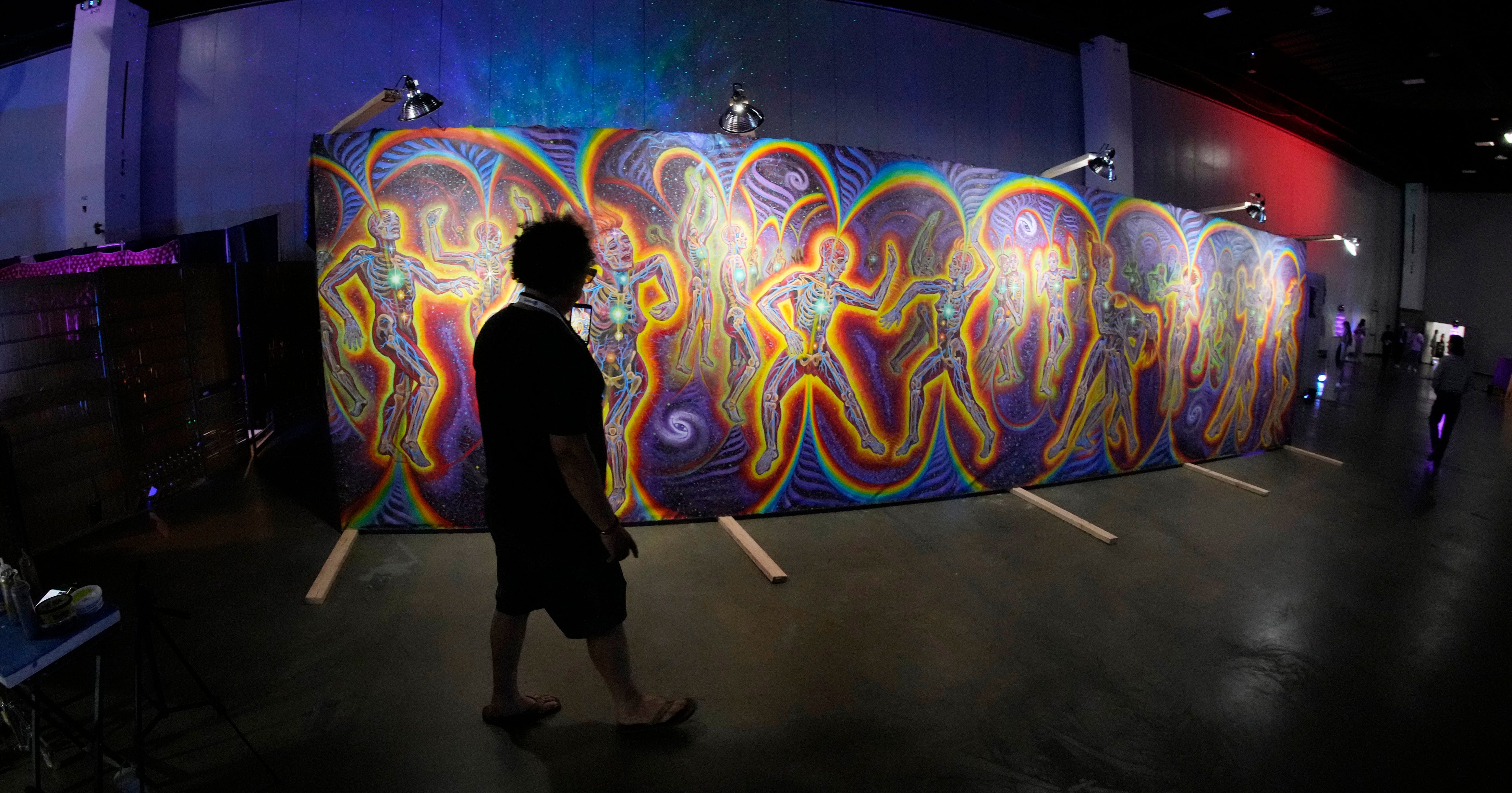Australia is the first nation to let patients with depression or PTSD be prescribed psychedelics
Australia is now the first country to allow psychiatrists to prescribe certain psychedelic substances to patients with depression or post-traumatic stress disorder

Your support helps us to tell the story
From reproductive rights to climate change to Big Tech, The Independent is on the ground when the story is developing. Whether it's investigating the financials of Elon Musk's pro-Trump PAC or producing our latest documentary, 'The A Word', which shines a light on the American women fighting for reproductive rights, we know how important it is to parse out the facts from the messaging.
At such a critical moment in US history, we need reporters on the ground. Your donation allows us to keep sending journalists to speak to both sides of the story.
The Independent is trusted by Americans across the entire political spectrum. And unlike many other quality news outlets, we choose not to lock Americans out of our reporting and analysis with paywalls. We believe quality journalism should be available to everyone, paid for by those who can afford it.
Your support makes all the difference.Australia is now the first country to allow psychiatrists to prescribe certain psychedelic substances to patients with depression or post-traumatic stress disorder.
Beginning Saturday, Australian physicians can prescribe doses of MDMA, also known as ecstasy, for PTSD. Psilocybin, the psychoactive ingredient in psychedelic mushrooms, can be given to people who have hard-to-treat depression. The country put the two drugs on the list of approved medicines by the Therapeutic Goods Administration.
Scientists in Australia were surprised by the move, which was announced in February but took effect July 1. One scientist said it puts Australian “at the forefront of research in this field.”
Chris Langmead, deputy director of the Neuromedicines Discovery Centre at the Monash Institute of Pharmaceutical Sciences, said there have been very few advancements on treatment of persistent mental health issues in the last 50 years.
The growing cultural acceptance has led two U.S. states to approve measures for their use: Oregon was the first to legalize the adult use of psilocybin, and Colorado’s voters decriminalized psilocybin in 2022. Days ago, President Joe Biden’s youngest brother said in a radio interview that the president has been “very open-minded” in conversations the two have had about the benefits of psychedelics as a form of medical treatment.
The U.S. Food and Drug Administration designated psilocybin as a “breakthrough therapy” in 2018, a label that’s designed to speed the development and review of drugs to treat a serious condition. Psychedelics researchers have benefited from federal grants, including Johns Hopkins, and the FDA released draft guidance late last month for researchers designing clinical trials testing psychedelic drugs as potential treatments for a variety of medical conditions.
Still, the American Psychiatric Association has not endorsed the use of psychedelics in treatment, noting the FDA has yet to offer a final determination.
And medical experts in the U.S. and elsewhere, Australia included, have cautioned that more research is needed on the drugs’ efficacy and the extent of the risks of psychedelics, which can cause hallucinations.
“There are concerns that evidence remains inadequate and moving to clinical service is premature; that incompetent or poorly equipped clinicians could flood the space; that treatment will be unaffordable for most; that formal oversight of training, treatment, and patient outcomes will be minimal or ill-informed,” said Dr. Paul Liknaitzky, head of Monash University’s Clinical Psychedelic Lab.
Plus, the drugs will be expensive in Australia — about $10,000 (roughly $6,600 U.S. dollars) per patient for treatment.
Litnaitzky said the opportunity for Australians to access the drugs for specific conditions is unique.
“There’s excitement about drug policy progress," he said, "... about the prospect of being able to offer patients more suitable and tailored treatment without the constraints imposed by clinical trials and rigid protocols.”